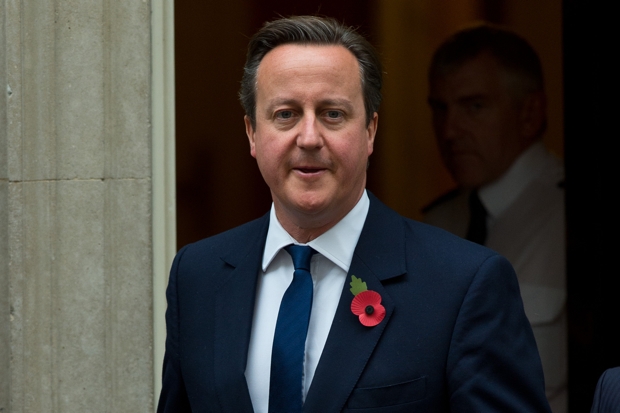i)How the proposal would improve the chances of success of the international coalition’s campaign against ISIL;
ii)How the proposed action would contribute to the formation and agreement of a transition plan for Syria;
iii)In the absence of a UN Security Council Resolution, how the Government would address the political, legal, and military risks arising from not having such a resolution;
iv)Whether the proposed action has the agreement of the key regional players (Turkey; Iran; Saudi Arabia; Iraq); if not, whether the Government will seek this before any intervention;
v)Which ground forces will take, hold, and administer territories captured from ISIL in Syria.
b) On the military imperative:i)What the overall objective is of the military campaign; whether it expects that it will be a “war-winning” campaign; if so, who would provide war-winning capabilities for the forces; and what the Government expects will be the result of extending airstrikes to Syria.
ii)What extra capacity the UK would contribute to the Coalition’s actions in Syria.
36. We are persuaded that it is not yet possible for the Government to give a satisfactory explanation on the points listed above. Until it is possible for the Government to address these points we recommend that it does not bring to the House a motion seeking the extension of British military action to Syria. In this sense nothing, as Number 10 says, has changed because Cameron hasn’t yet answered the questions from those unsure of the merits of British involvement in this particular fight.






Comments